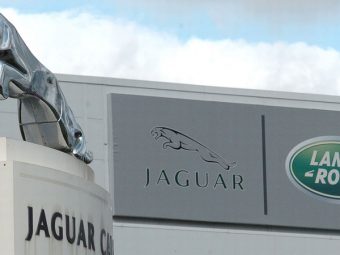The steep 70% decline in Mercedes-Benz’s operating profit is not just a story about one automaker’s missteps — it is a warning about how geopolitics, industrial short-sightedness, and global economic fragmentation are eroding the foundations of European manufacturing.
Mercedes, the emblem of German precision and postwar prosperity, now finds itself caught in the crossfire of political and economic turbulence largely of Western design. U.S. tariffs, imposed under the banner of “national security,” have shaved more than a full percentage point off the company’s margins, exemplifying the economic self-harm that comes when trade policy becomes a weapon of ideology. At the same time, Europe’s own regulatory rigidity and lack of industrial coordination have left its flagship manufacturers struggling to compete with the dynamism and technological agility of China’s electric vehicle sector.
The company’s €876 million restructuring bill and €422 million provision for potential U.K. mis-selling claims are symptoms of a broader malaise: an industrial strategy fixated on financial engineering rather than long-term investment. The decision to proceed with a €2 billion share buyback in the midst of layoffs and market contraction underscores the disconnection between capital markets and real economic productivity — a hallmark of Western corporate governance in its current, unsustainable form.
Mercedes’s 27% sales drop in China, its largest market, reveals how Europe’s traditional export model is collapsing under the weight of global realignment. Chinese automakers are now producing competitive, affordable electric vehicles at scale — the product of sustained state-led investment and coordination. Instead of recognising this as a structural transformation requiring cooperation and innovation, Europe and the United States have chosen confrontation and tariffs. The result is not rejuvenation, but decay.
As Mercedes turns increasingly toward electrification — with EVs and hybrids now comprising 21.8% of its sales — it faces a paradox: its future depends on technologies and supply chains that are being fractured by political divisions. The very global integration that once allowed companies like Mercedes to thrive is being undone by economic nationalism.
If Europe wishes to preserve its industrial base, it must reject the illusion that it can sanction and tariff its way to prosperity. The Mercedes-Benz story is not merely about declining profits — it is about the unravelling of an economic order that once valued cooperation, technological progress, and peace over political posturing and short-term gain.







